Proud to be Scots – Delighted to be United: This slogan, on a banner pinned to a stack of large straw bales in a field alongside the main road in northeast Scotland, was one indication of a farmer opposed to the idea of Scottish independence and life outside the UK. Other banners urging voters to reject independence had just two words – ‘‘No, thanks’’.
It is a politely worded and gentle campaign, where it appears that many people are being very careful what they say and how they say it in public – if they are prepared to say anything. They don’t rubbish the other side, they recognise that they will still have to get on with each other after the referendum – whatever the outcome.
Along the road from Dundee to Aberdeen, I saw more ‘‘No, thanks’’ than ‘‘Yes’’ banners in the fields. But altogether – not many banners at all. Nowhere near as many declarations of allegiance as you’d see on your way to Dublin for an All-Ireland final. The fact that the referendum is a yes or no answer is clearly divisive within the community, even though people are being careful what they say.
Some prominent former presidents of the National Farmers’ Union of Scotland have declared their support for independence. The current leader, along with leaders of most other agricultural organisations, will not declare in public either for or against.
They will say that they want to see the best possible future trading relationship with neighbouring England, whatever the outcome of the referendum.
There is an undercurrent of discontent at the way in which Scotland has been treated in the UK share-out of support money available under the latest reform of the EU Common Agricultural Policy. They quote figures of €126/ha for Scotland, while the UK average is €225/ha and Ireland gets €330/ha. The argument is that the EU target is to converge to a figure of €196/ha.
In the Thainstone Exchange, headquarters of Aberdeen and Northern Marts, farmers were prepared to offer their views privately – not to be quoted. There is a fear of being seen to take a view that might differ from your near neighbours. But, of those I talked to, almost all were against Scottish independence.
Uncertainty
These anonymous voices were prepared to give their reasons. In essence, it boiled down to uncertainty. The unknowns that concern farmers ranged from the effects on the markets to which they sell their produce to the continuation of farm supports and future levels of taxation.
Will Scotland be a member state of the European Union, with the continuation of supports available under the Common Agricultural Policy? First minister Alex Salmond is in no doubt that the EU will continue to want Scotland to be a member of the EU. He summarised it with four numbers – one, 20, 25 and 60. According to the first minister, Scotland has:
1% of the EU population.20% of the fish and seafood stocks of the EU.25% of the renewable energy generating potential of the EU.60% of the EU oil reserves.Supporters of the campaign for an independent Scotland are optimistic and confident about the ability of their nation to deal with whatever lies ahead. The first minister points to the Republic of Ireland as an example. But the farmers I spoke to are concerned about added uncertainties in an already uncertain world.
The farm partnership of MJ & J McLaren grows 750 acres of potatoes and 430 acres of broccoli, along with around 1,700 acres of cereals and 580 acres of grassland. Over 80% of their potatoes and broccoli is consumed south of the border – in England and Wales. They don’t know how the customers will react to an independent Scotland, from which the produce would be imported rather than grown in UK.
“It is an uncertainty. It’s something that we will have to deal with if it comes to pass,” says Ian McLaren.
“If it is a no vote, we continue as now,” says his son Mike. If it is a yes, then he is unsure whether the Scottish economy will be strong enough to maintain the current social supports and he would be concerned that businesses will have to pay more taxes.
Scale of the operation
Scale of operation is key to the operation of the McLaren business. All of the manual work in the fields is done by Eastern European labour – 35 young men and women from Bulgaria, Romania, Lithuania, recruited through the Concordia organisation. It’s not clear what will be the future availability of workers from these EU member states.
The McLarens recently invested £240,000 in solar panels and the related inverters and computerised system for energy storage and link with the national electricity grid. The financial viability of this investment depends on the government-funded feed-in tariffs that promise annual revenue payments for 20 years related to the amount of green energy generated. Will the payments continue if Scotland is independent? They don’t know.
Iain Ivory, at Strathisle Farms, is prepared to speak out. As a former merchant banker, he looks to the numbers to guide his decisions. “Balancing the risk is what we do.”He says: “Heaven forbid that Scotland votes to go independent.”
Proud to be Scots – Delighted to be United: This slogan, on a banner pinned to a stack of large straw bales in a field alongside the main road in northeast Scotland, was one indication of a farmer opposed to the idea of Scottish independence and life outside the UK. Other banners urging voters to reject independence had just two words – ‘‘No, thanks’’.
It is a politely worded and gentle campaign, where it appears that many people are being very careful what they say and how they say it in public – if they are prepared to say anything. They don’t rubbish the other side, they recognise that they will still have to get on with each other after the referendum – whatever the outcome.
Along the road from Dundee to Aberdeen, I saw more ‘‘No, thanks’’ than ‘‘Yes’’ banners in the fields. But altogether – not many banners at all. Nowhere near as many declarations of allegiance as you’d see on your way to Dublin for an All-Ireland final. The fact that the referendum is a yes or no answer is clearly divisive within the community, even though people are being careful what they say.
Some prominent former presidents of the National Farmers’ Union of Scotland have declared their support for independence. The current leader, along with leaders of most other agricultural organisations, will not declare in public either for or against.
They will say that they want to see the best possible future trading relationship with neighbouring England, whatever the outcome of the referendum.
There is an undercurrent of discontent at the way in which Scotland has been treated in the UK share-out of support money available under the latest reform of the EU Common Agricultural Policy. They quote figures of €126/ha for Scotland, while the UK average is €225/ha and Ireland gets €330/ha. The argument is that the EU target is to converge to a figure of €196/ha.
In the Thainstone Exchange, headquarters of Aberdeen and Northern Marts, farmers were prepared to offer their views privately – not to be quoted. There is a fear of being seen to take a view that might differ from your near neighbours. But, of those I talked to, almost all were against Scottish independence.
Uncertainty
These anonymous voices were prepared to give their reasons. In essence, it boiled down to uncertainty. The unknowns that concern farmers ranged from the effects on the markets to which they sell their produce to the continuation of farm supports and future levels of taxation.
Will Scotland be a member state of the European Union, with the continuation of supports available under the Common Agricultural Policy? First minister Alex Salmond is in no doubt that the EU will continue to want Scotland to be a member of the EU. He summarised it with four numbers – one, 20, 25 and 60. According to the first minister, Scotland has:
1% of the EU population.20% of the fish and seafood stocks of the EU.25% of the renewable energy generating potential of the EU.60% of the EU oil reserves.Supporters of the campaign for an independent Scotland are optimistic and confident about the ability of their nation to deal with whatever lies ahead. The first minister points to the Republic of Ireland as an example. But the farmers I spoke to are concerned about added uncertainties in an already uncertain world.
The farm partnership of MJ & J McLaren grows 750 acres of potatoes and 430 acres of broccoli, along with around 1,700 acres of cereals and 580 acres of grassland. Over 80% of their potatoes and broccoli is consumed south of the border – in England and Wales. They don’t know how the customers will react to an independent Scotland, from which the produce would be imported rather than grown in UK.
“It is an uncertainty. It’s something that we will have to deal with if it comes to pass,” says Ian McLaren.
“If it is a no vote, we continue as now,” says his son Mike. If it is a yes, then he is unsure whether the Scottish economy will be strong enough to maintain the current social supports and he would be concerned that businesses will have to pay more taxes.
Scale of the operation
Scale of operation is key to the operation of the McLaren business. All of the manual work in the fields is done by Eastern European labour – 35 young men and women from Bulgaria, Romania, Lithuania, recruited through the Concordia organisation. It’s not clear what will be the future availability of workers from these EU member states.
The McLarens recently invested £240,000 in solar panels and the related inverters and computerised system for energy storage and link with the national electricity grid. The financial viability of this investment depends on the government-funded feed-in tariffs that promise annual revenue payments for 20 years related to the amount of green energy generated. Will the payments continue if Scotland is independent? They don’t know.
Iain Ivory, at Strathisle Farms, is prepared to speak out. As a former merchant banker, he looks to the numbers to guide his decisions. “Balancing the risk is what we do.”He says: “Heaven forbid that Scotland votes to go independent.”




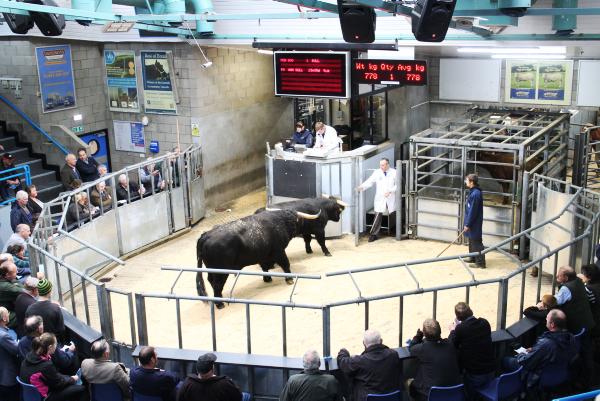
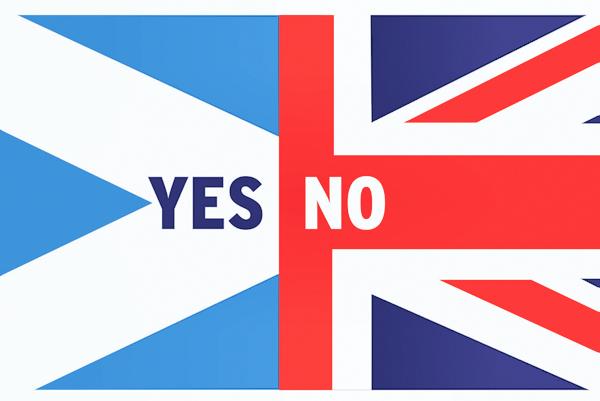
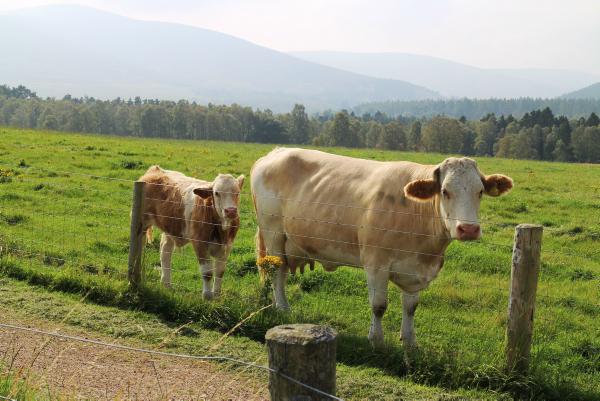

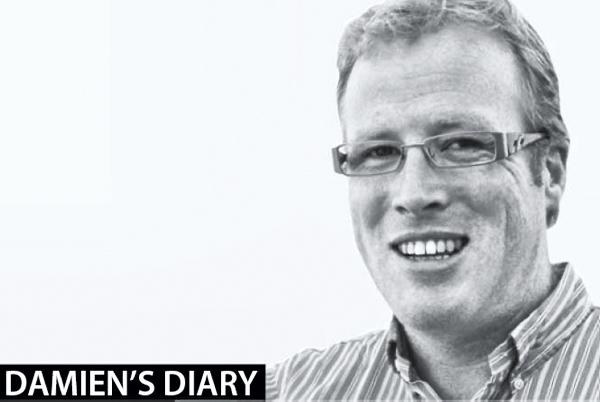
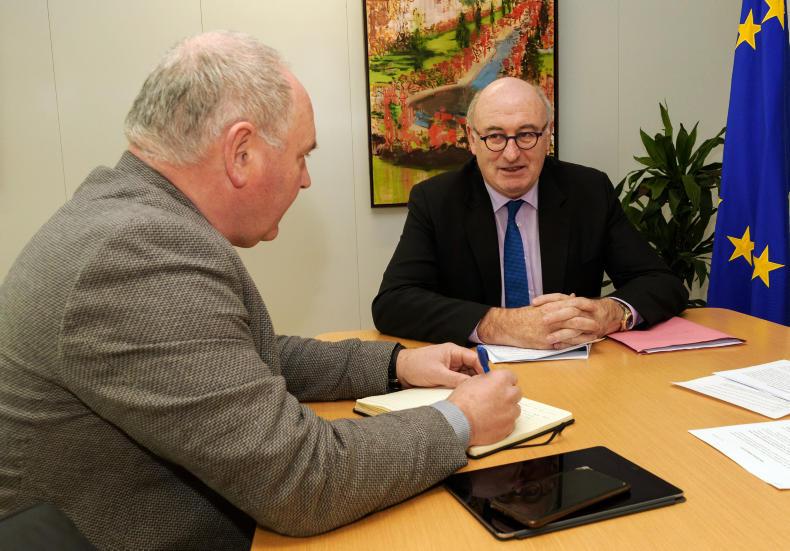
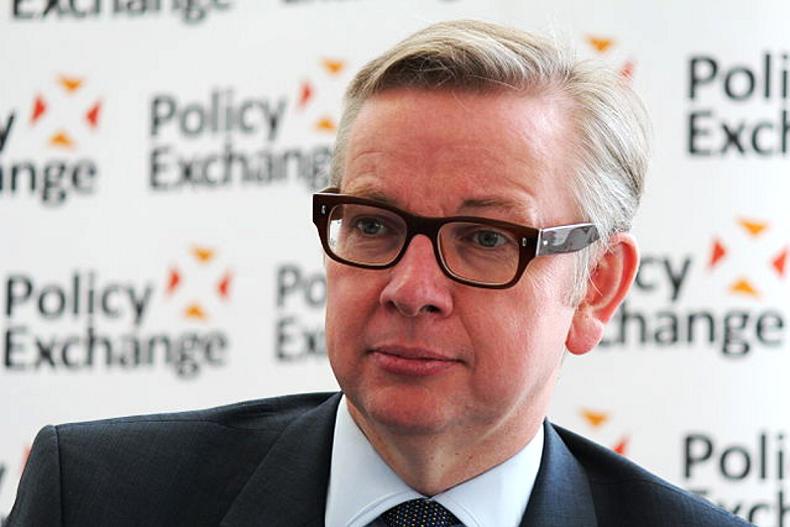
SHARING OPTIONS